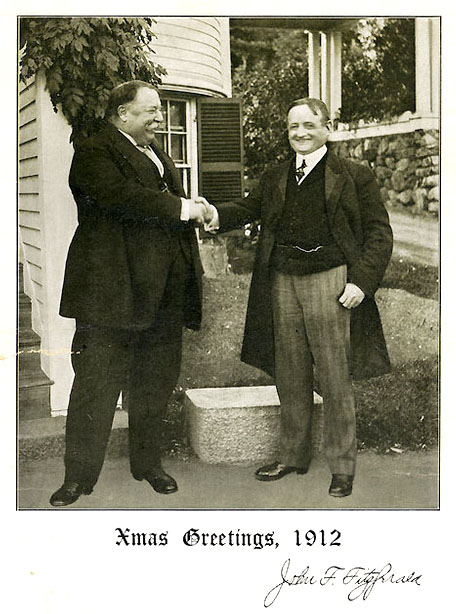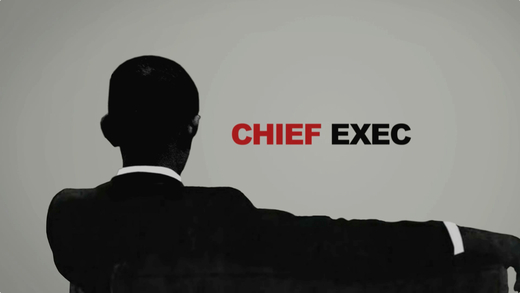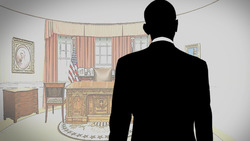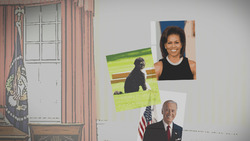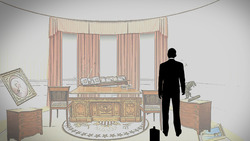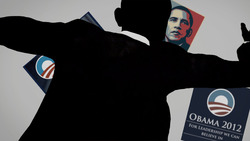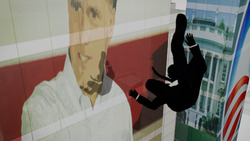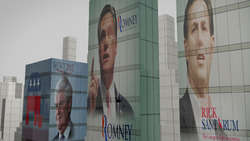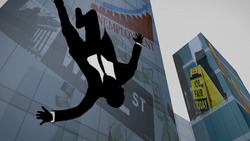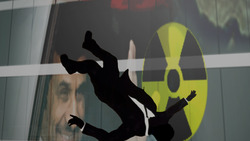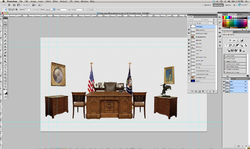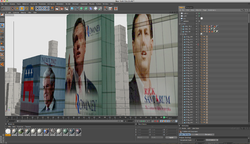Blog
Anecdotal Observations On History & Politics
Entries in president (8)
Teddy Roosevelt's Exceptional Abilities
 Tuesday, May 21, 2013 at 5:02PM
Tuesday, May 21, 2013 at 5:02PM The tales drawn from Teddy Roosevelt's vigorous life characterize American badassery at its best. As a statesman, soldier, rancher, author, sportsman and President, Roosevelt successfully triumphed over every obstacle he encountered, and then some. The guy was practically invincible, no exaggeration. Here are some testaments to his exceptional abilities:
1. He thumbed his nose at his doctor's orders and led an active life - simoultaneously defying and astounding the medical community:
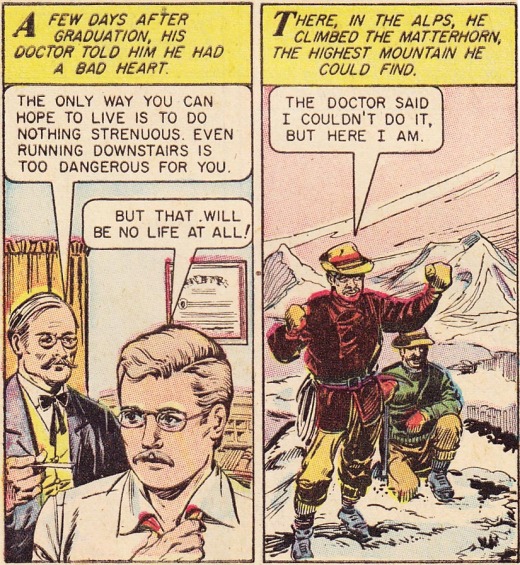
2. He never tired, even while camping. And his buddy in the background, Ferris, was clearly wiped out:
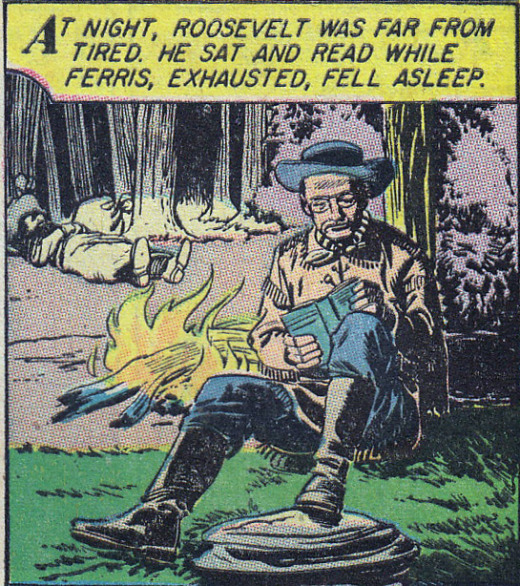
3. He brought order to the wild west long before John Wayne or Clint Eastwood could even get their pants on:
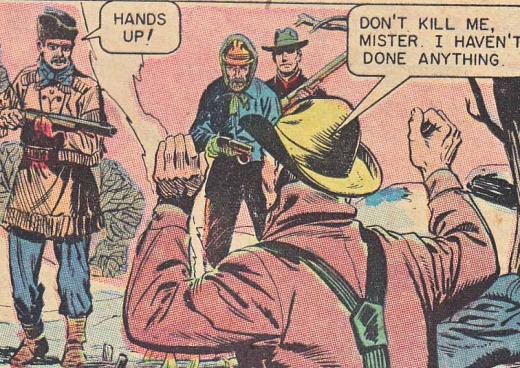
4. When necessary, he settled bar room disputes with his fist:
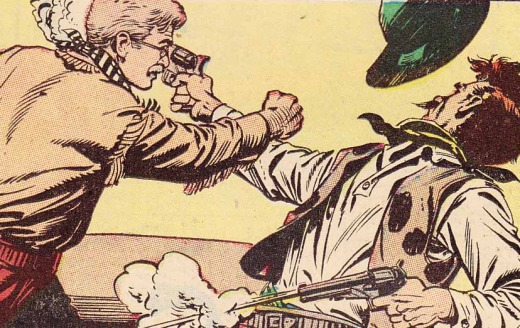
5. And he displayed great nonchalance whist doing so, because nobody likes a braggadocio:
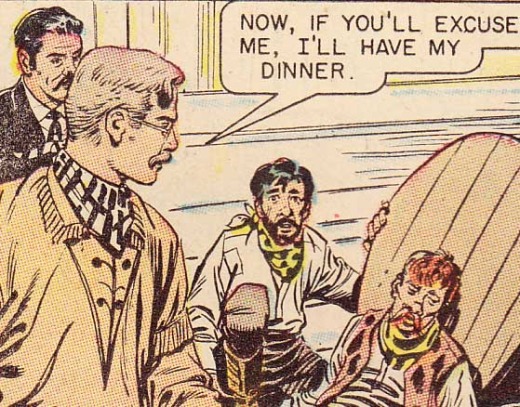
6. Always unafraid, Roosevelt charged headfirst into danger:
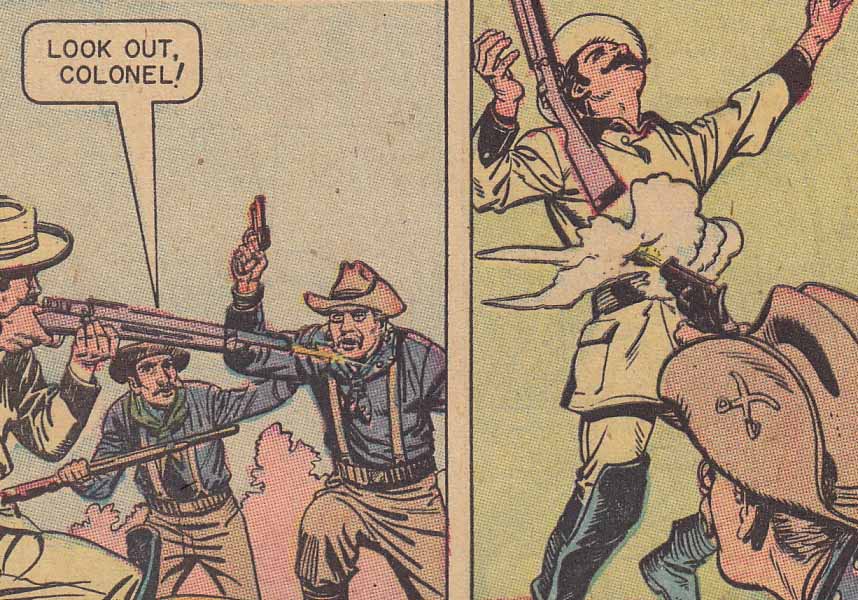
7. And was often praised for his heroics:
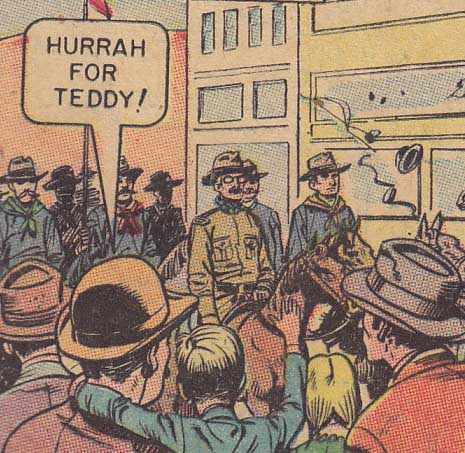
8. He was adored as a politician, because he never BS'd anybody:
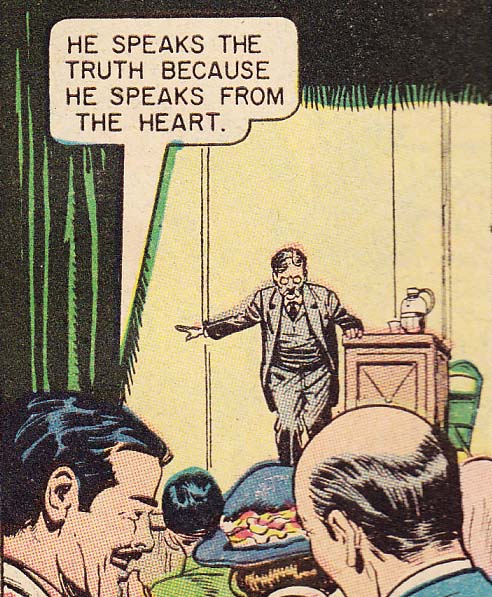
9. And he was resolute, never bowing to peer-pressure:
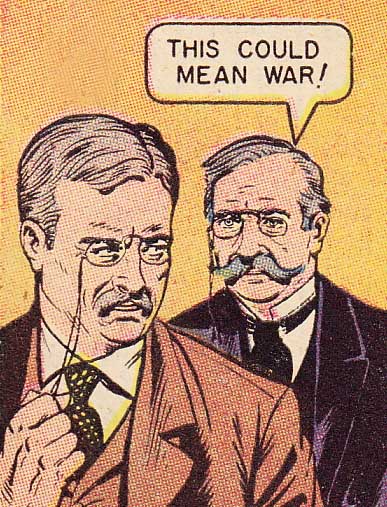
10. He could take a bullet like a man and still deliver a full speech afterwards, again defying the medical community:
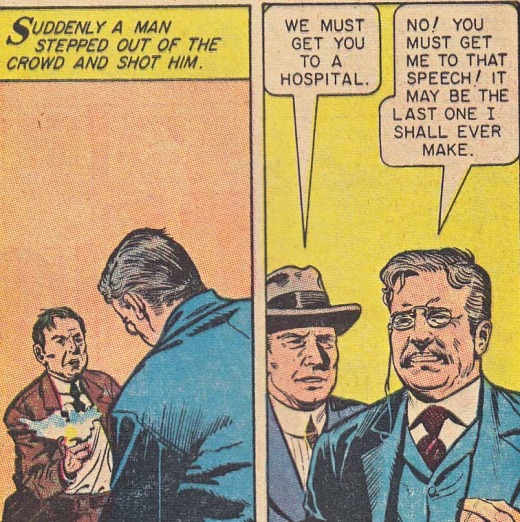
11. He could drive a submarine with precision and still admire the wildlife:
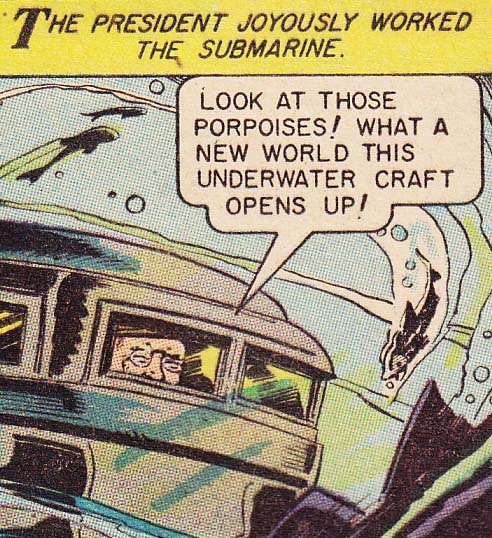 12. And he could fly a plane. He would have stayed up for longer, if he had been allowed:
12. And he could fly a plane. He would have stayed up for longer, if he had been allowed:
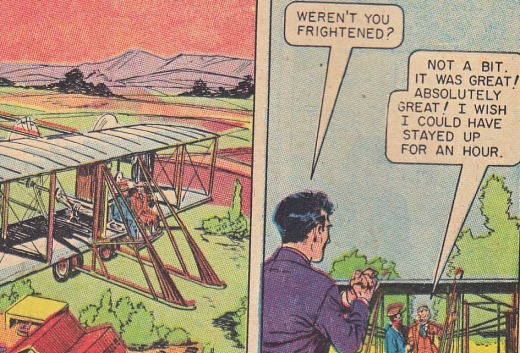
13. He didn't just "take" the train, he rode front of the engine. With a book:
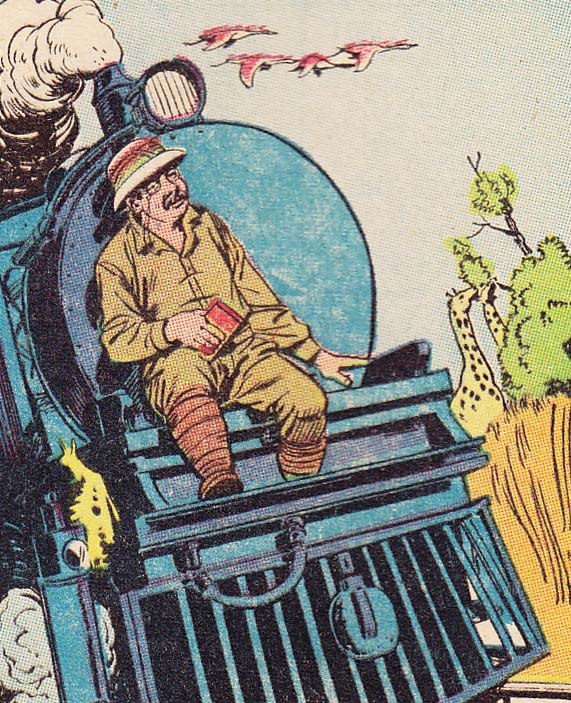
14. He killed large animals, with boyish enthuiasm:
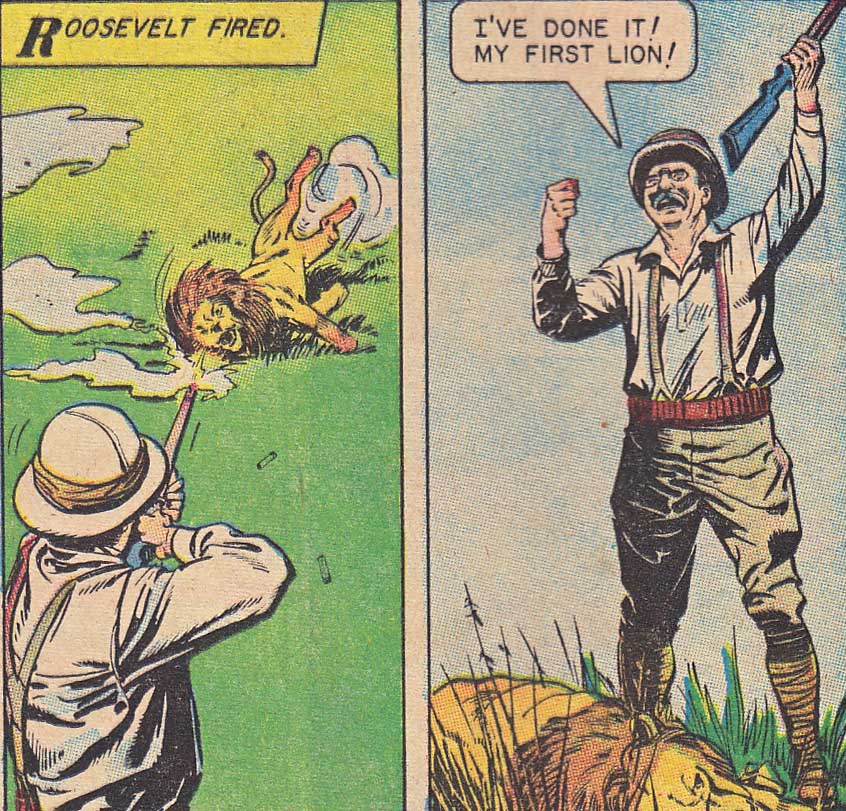
15. That bear never stood a chance:
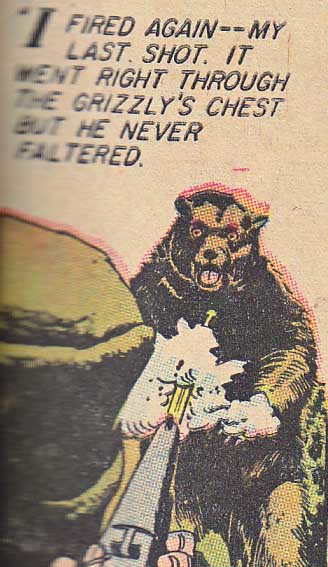
16. He got away with discharging firearms in the house, just to amuse his kids:
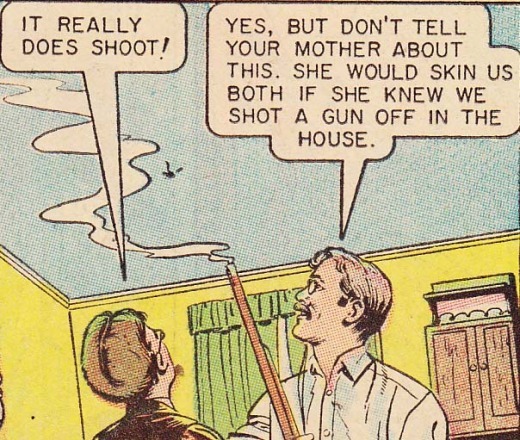
17. He relished exploring countries that had never been explored*:
*by white men
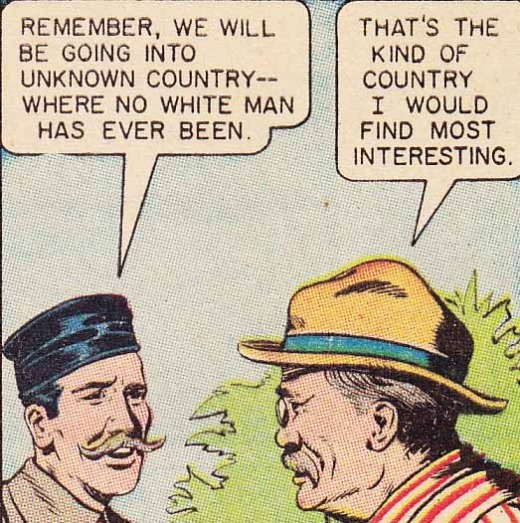
18. And he brought that adventurous spirit wherever he went:
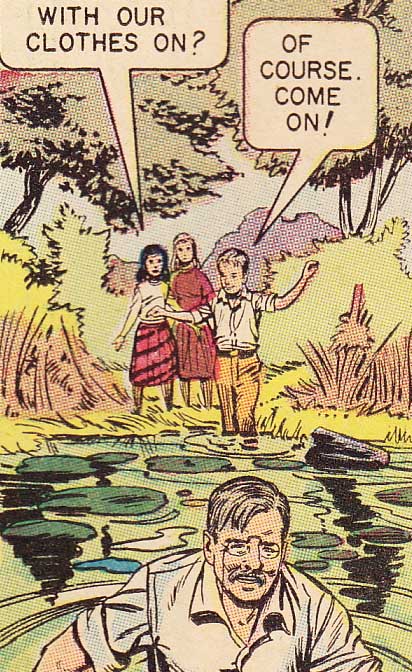
19. He was greeted by crowds everywhere:
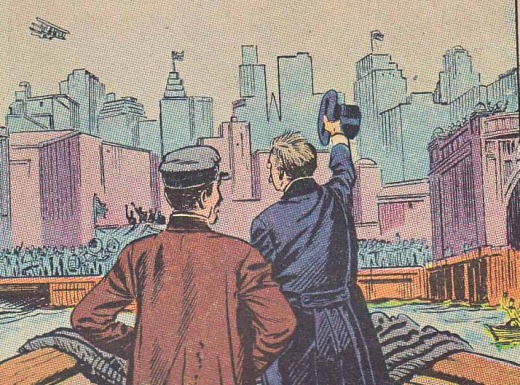
20. And it never went to his head:
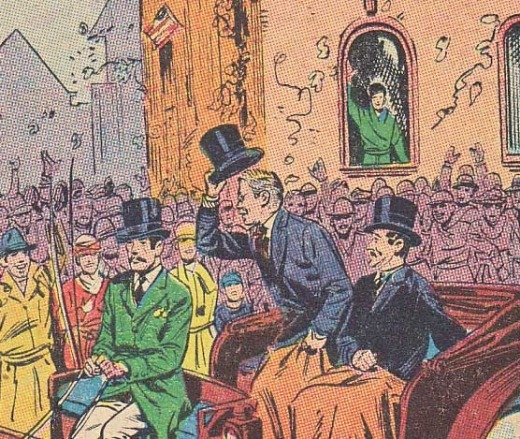
 Renaissance Man,
Renaissance Man,  Teddy Roosevelt,
Teddy Roosevelt,  author,
author,  badass,
badass,  cowboy,
cowboy,  explorer,
explorer,  politician,
politician,  president,
president,  rancher,
rancher,  soldier,
soldier,  sportsman
sportsman "CHIEF EXEC": The Mad Men Opening Sequence, Featuring President Obama
 Wednesday, March 21, 2012 at 4:23PM
Wednesday, March 21, 2012 at 4:23PM In anticipation of AMC's season premiere of "Mad Men", we feature our own version of the opening starring President Barack Obama on Sunday's The Chris Matthews Show. Titled, "Chief Exec", our homage to the iconic sequence features Obama cascading past his rivals and the issues that may complicate his reelection in 2012. Click the thumbnail for hi-rez versions of the below screenshots and watch the video at the bottom of this post:
In making this 2012-themed interpretation, the Oval Office was paired down to its most recognizable pieces of furniture and then re-assembled in Photoshop by our graphic artist Colleen Clapp, who carefully cut out the items so each could be moved as a separate layer. The bulk of the graphic and the animation work was completed by Rodney Turner, who went through the original Mad Men opening shot by shot, rendering each building in Cinema 4D and then adding the broadside images on the buildings. The silhouette was recreated to match President Obama's profile (emphasis on his ears, and the fact that Obama is seemingly slimmer than the Draper outline we're used to) and then, to boot, Obama was animated to make him look more lifelike as he descends: " the Obama limbs actaully move, which was accomplished using the puppet tool in After Effects." Below are some screenshots showcasing the complexity of the project, including AfterEffects, Cinema 4D and Photoshop:
Robert Bruce created the music from scratch to match the harmony and cues of the original: "it was all created specifically for this project... nothing directly pulled from the original." The new theme music even includes a "Hail to the Chief" motif that you may recognize if you listen closely: "the melody will sound familiar but somehow a little off because the original 'Hail to the Chief' is written in a major key, and in order to effectively communicate a darker tone, it needed to be transcribed into a minor key."
See how it all came together:
 AMC,
AMC,  Animation,
Animation,  Chief Exec,
Chief Exec,  Chief Executive,
Chief Executive,  Chris Matthews Show,
Chris Matthews Show,  Don Draper,
Don Draper,  Intro,
Intro,  Mad Men,
Mad Men,  Obama,
Obama,  Open,
Open,  Title Sequence,
Title Sequence,  president
president Choosing Not To Run
 Thursday, December 16, 2010 at 11:19AM
Thursday, December 16, 2010 at 11:19AM Since 1900, only four presidents have decided not to run for an additional term even though they were constitutionally entitled to do so. What did they all have in common? They each assumed the presidency from the vice presidency, following the death of the president. Even after term limits were imposed after FDR, Presidents were allowed two "full" terms, but those who had served the end of a previous chief executive always declined.
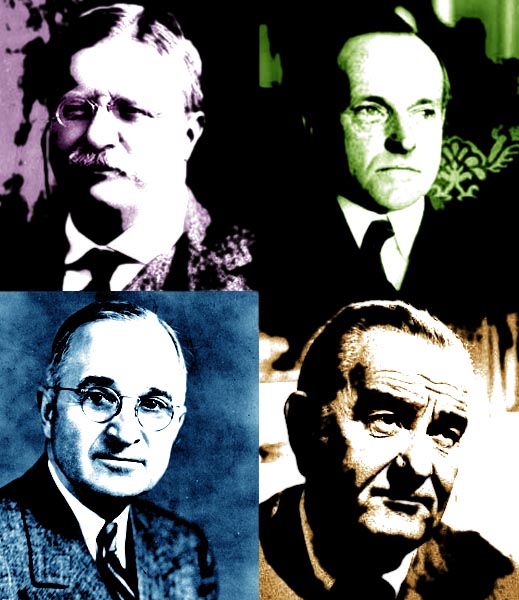
Teddy Roosevelt assumed the presidency upon the assassination of William McKinley, who was only six months into his second term. Completing the majority of McKinley's first term, he was elected on his own right in 1904 but in 1908 he declined to seek reelection after flirting with the idea of exceeding the two term precedent and running for a third. In a 1908 letter TR said, "if I had conscientiously felt at liberty to run again and try once more to hold this great office, I should greatly have liked to do so and keep my hands on the levers of this mighty machine." TR served 7 1/2 years total.
Calvin Coolidge became president in 1923 after the death of Warren Harding, near the close of Harding's first term. Coolidge was then elected in 1924 and on the anniversary of the day he ascended to the Presidency he said, "It's four years ago today since I became president, if I take another term, I will be in the White House till 1933... Ten years in Washington is longer than any other man has had it -- too long!" Coolidge was characteristically understated in his announcement that he would not run in 1928. He wrote "I do not chose to run for president in 1928" on a single piece of paper, then had his short quote duplicated on several sheets that he personally cut into thin strips and then distributed to the press one by one, declining to give more information. He was president for 5 1/2 years.
When Franklin Roosevelt died in April 1945, Harry S. Truman took the office about a year into FDR's fourth term. He squeaked out a victory in 1948 against Thomas Dewey, but by 1952 his approval ratings had reached all time lows for the office, around 22%. His name was on the ballot in the New Hampshire Primary of 1952, but he lost to Estes Kefauver, a huge blow to a sitting president. While he denied it, the defeat likely contributed to his decision soon thereafter not to run. Truman was president for 7 years.
Lyndon Johnson became president after the assisination of JFK in November of 1963, completing the last year of Kennedy's term. His overwhelming election in 1964 bode well for him, however he would find his presidency in dire straits by 1968. Civil unrest, the unpopularity of the war in Vietnam and the emergence of peacenik candidates Eugene McCarthy and JFK's brother Robert Kennedy contributed to his decision to withdraw from the race in late March of 1968. On TV he famously declared, "I will not seek, and I will not accept the nomination of my party for another term as your president." However, by the Democratic Convention LBJ momentarily regretted his decision to bow out and considered rejoining the race because Hubert Humphrey, the apparent party nominee, was doing so poorly in national polls. Toying with the idea, LBJ shocked his intimates and baffled Humphrey, who felt that the President was selling him out to run in his stead. When a Harris poll showed Johnson running behind Nixon in a general election, he finally decided against it. LBJ was president for 5 1/2 years.


